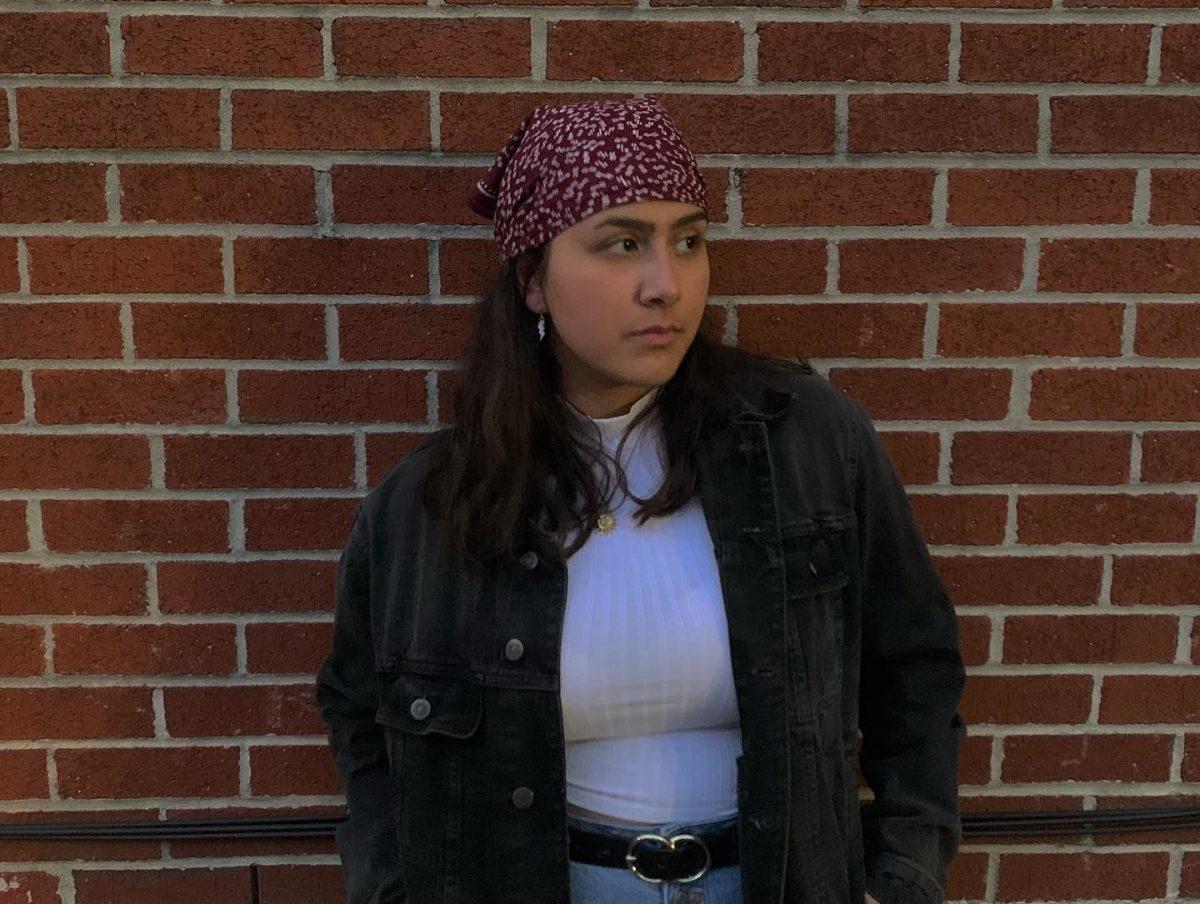
mariana fabian headshot vol 101
To be honest, I didn’t really think much of astrology until last year. I would see these cringey posts on Instagram and see the descriptions of the signs, which all kind of spewed out the same information in basic formats. If you’re a Virgo, you’re a clean freak and analytical; if you’re a Taurus, you’re stubborn and you like food; if you’re a Leo, you’re selfish and obsessed with yourself; and so on. I rekindled my interest in astrology when someone asked me what my “big three” were. I had no clue how to respond, seeing as I thought astrology only went as far as “sun” signs. Oh, boy was I wrong.
Thankfully, my TikTok “For You” page knew all about astrology, and once I engaged in this newfound interest, I learned more about birth charts, my “big 6,” chart ruler, etc. This may sound like an otherworldly science to you, and honestly, it is at times. Living through a pandemic not only gives you time to self reflect, and what other way to do this than to do a full-blown analysis of my personality through the lens of the planets/stars? However, whenever I mention my interest in astrology, many people shy away or give me a “you really believe in that crap?”
To answer nicely, yes I believe in that crap. From the main text for PHI 340: Philosophy of Science, several arguments are presented against astrology and the text refutes these. One of the issues with how astrology has been portrayed is through daily horoscopes, which for the most part, are misleading. The text says this is due to the fact that if you only read about your “sun” sign and lack the understanding of the rest of your chart, these readings would never be accurate. This is why many people don’t always resonate with their sun sign. For example, while Virgo is my sun sign, sometimes I feel more like an Aries because of my rising sign.
One of the most common things I hear when talking about it is that astrology is a pseudoscience because it originated from superstitious beliefs. The text goes on to say that many other sciences were crafted in beliefs as well, such as astronomy and chemistry which began in alchemy. No one bats an eye at astronomy or chemistry, therefore, who’s to say astrology shouldn’t garner respect? One could even say that most religions originated from superstitions or magical events. No Christian ever questions the many magical things that occur in their Bible, such as Moses parting the ocean. In that same sense, the three wise kings were active surveyors of the stars and the planets, and they were never questioned.
One of the best parts of believing in astrology is that it is constantly changing and is far from stagnant. This text speaks to the fact that when Uranus, Neptune and Pluto were discovered, astrologers changed their systems of analysis to put these planets into perspective as well. In the past 40 years, there have been many new analyses and systems of astrology that are more complex than anyone who studied it in the past. At the same time, just because something hasn’t had explosive change, does that devalue its importance? This would be like claiming that because chemistry and its systems have not changed so much, that it is also not a valuable science.
All in all, I believe more people should be more open to learn more about their astrology. You might find yourself learning more about yourself than you ever thought. Here’s a link to get started.